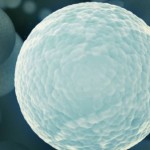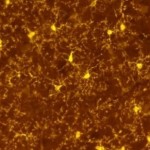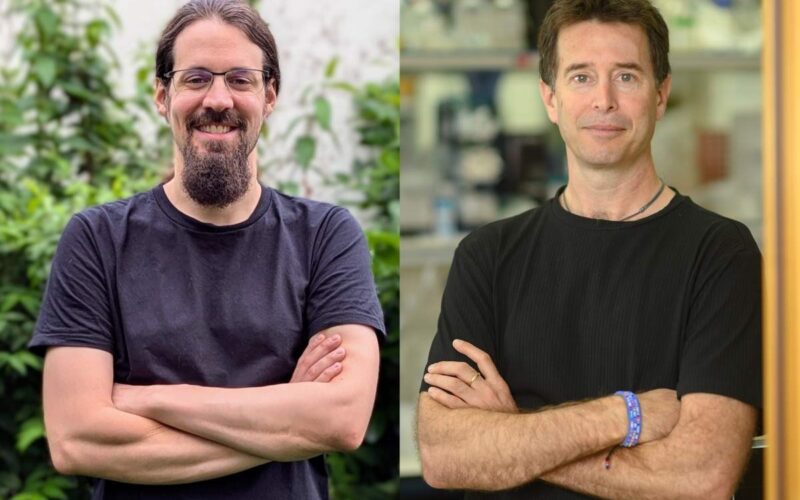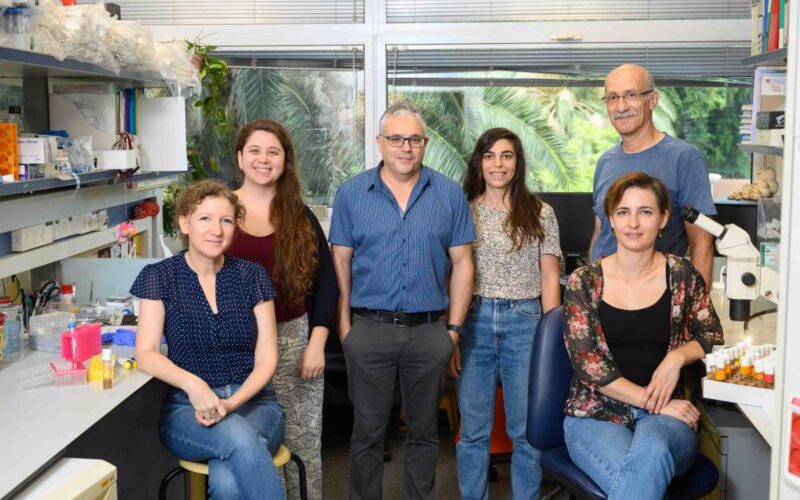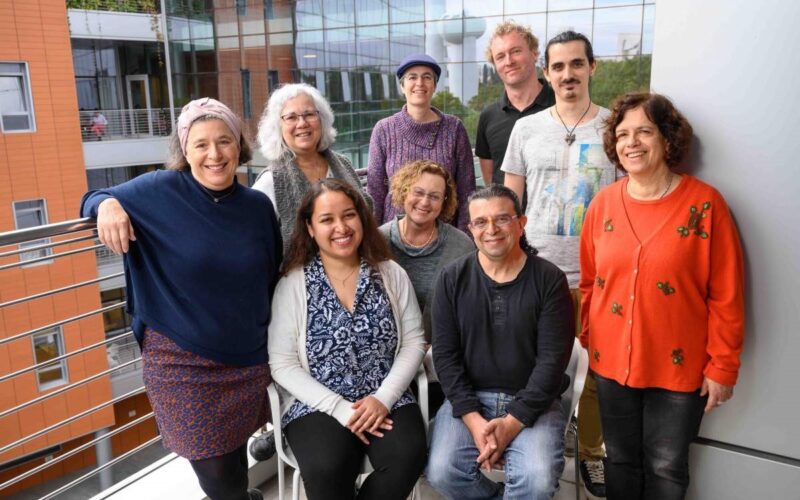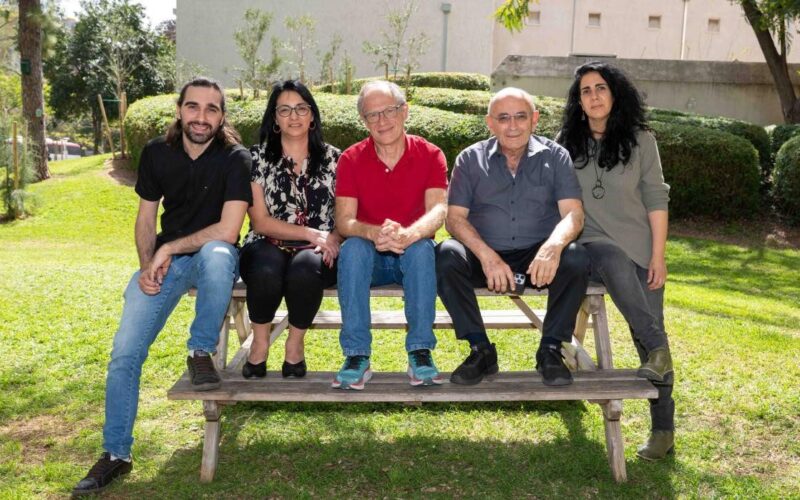
July 4, 2014
Israeli scientists have identified a brain chemical, which was previously unknown, that could prove to be a breakthrough in the treatment of depression. The tiny molecule, which acts on nerve cells to produce the “happy chemical” serotonin, was identified by a team from the Weizmann Institute and published in the journal Neuron. When unregulated, Seratonin causes mood disorders such as depression and anxiety, which affect some 10 percent of the world’s population, according to the Medical News website. In many cases anti-depression medications provide no or limited relief. The Weizmann team, headed by Prof. Alon Chen and then-PhD student Dr. Orna Issler, researched the role of tiny molecules known as microRNA in the nerve cells that produce serotonin. They succeeded in identifying, for the first time, the unique “fingerprints” of a microRNA molecule (miR135) that acts on the serotonin-producing nerve cells and found a connection between it and two proteins that play a key role in serotonin production and the regulation of its activities. “These findings suggest that miR135 could be a useful therapeutic molecule – both as a blood test for depression and related disorders, and as a target whose levels might be raised in patients,” said Chen. In tests on human blood samples, the researchers found that subjects who suffered from depression had unusually low miR135 levels in their blood. They also discovered that the three genes involved in producing miR135 are located in areas of the genome that are known to be associated with risk factors for bipolar mood disorders. Yeda Research and Development, the technology transfer arm of the Weizmann Institute, has applied for a patent connected to these findings and recently licensed the rights to develop a drug and diagnostic method. After completing preclinical trials, the company hopes to begin clinical trials in humans.
http://www.haaretz.com/life/science-medicine/1.600329

